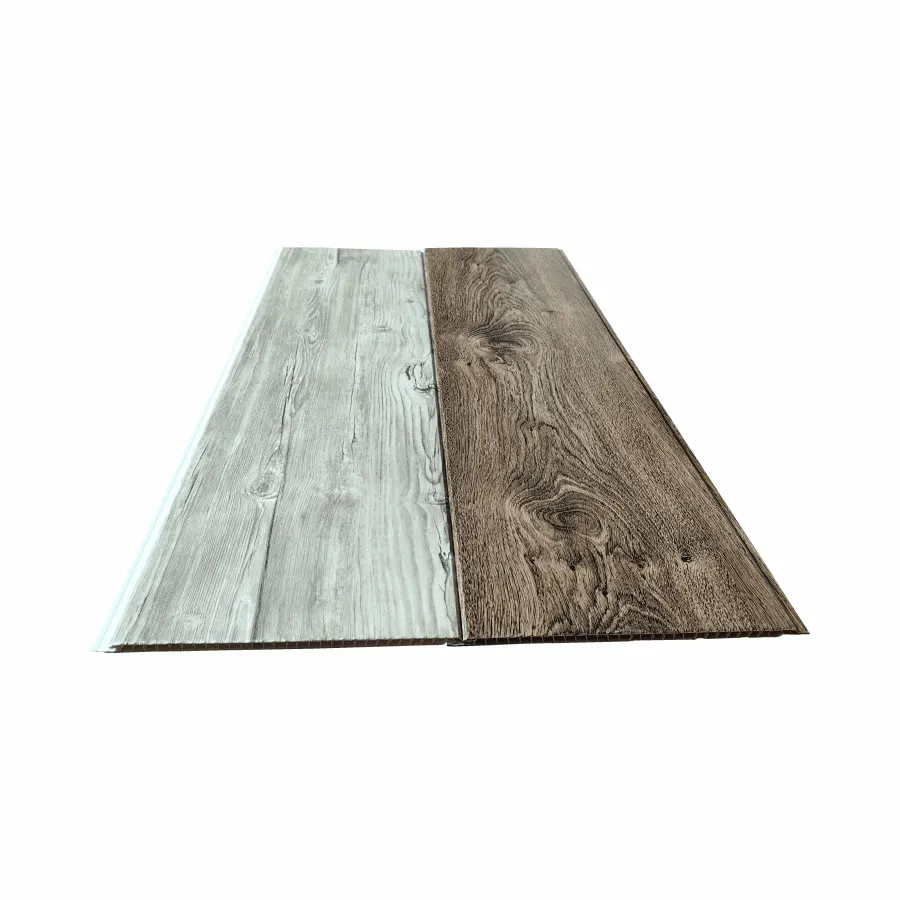Unique Wood Ceiling Tiles: Your Questions Answered
2024-10-30
Wood ceiling tiles are an innovative way to enhance the aesthetics and acoustics of a space. With their natural beauty and versatility, they have become a popular choice for homeowners and designers alike. In this blog post, we will answer some common questions about unique wood ceiling tiles to help you understand their benefits, applications, and maintenance.
What Are Unique Wood Ceiling Tiles?
Unique wood ceiling tiles are decorative panels made from various types of wood that are installed on ceilings to create an appealing visual effect. These tiles can come in different designs, patterns, and finishes, allowing for a range of styles—from rustic charm to modern elegance. They can be used in both residential and commercial settings to enhance the overall design of a space.
What Are the Benefits of Using Wood Ceiling Tiles?
1. Aesthetic Appeal: Wood ceiling tiles add warmth and character to any room. The natural grain and color variations of wood provide a unique and inviting atmosphere.
2. Acoustic Properties: Wood has excellent sound-absorbing qualities, making it a great choice for reducing noise levels in busy environments such as restaurants, offices, or homes.
3. Easy Installation: Many wood ceiling tiles are designed for straightforward installation, often featuring interlocking systems or adhesive backing, making them accessible for DIY projects.
4. Sustainability: When sourced responsibly, wood ceiling tiles can be an eco-friendly choice. Many manufacturers use reclaimed or sustainably harvested wood, contributing to environmental conservation.
5. Versatility: With a variety of finishes and styles available, wood ceiling tiles can complement various interior design themes, from traditional to contemporary.
What Types of Wood Are Commonly Used for Ceiling Tiles?
Several types of wood can be used for ceiling tiles, including:
- Pine: A popular choice for its affordability and availability. It offers a light color and a rustic feel.
- Cedar: Known for its natural resistance to decay and insects, cedar has a distinctive aroma and rich reddish hues.
- Maple: A hardwood with a fine, uniform texture, maple provides a sleek and modern appearance.
- Oak: Known for its durability and strength, oak can add a touch of elegance to any space.
- Reclaimed Wood: Sourced from old buildings or structures, reclaimed wood tiles add character and history to a design.
How Do I Choose the Right Wood Ceiling Tiles for My Space?
When selecting wood ceiling tiles, consider the following factors:
1. Design Style: Choose a wood type and finish that complements your existing décor. Whether you prefer a rustic, farmhouse look or a sleek, modern design, there are options to match.
2. Room Functionality: Consider the function of the room. For example, if you’re installing tiles in a noisy area, prioritize acoustic properties.
3. Installation Method: Determine whether you want a DIY project or professional installation. Some tiles are easier to install than others, depending on their design.
4. Budget: Wood ceiling tiles vary in price based on the type of wood and manufacturing process. Establish a budget before shopping to narrow down your options.
What Is the Maintenance Like for Wood Ceiling Tiles?
Maintaining wood ceiling tiles is relatively simple:
- Cleaning: Dust and debris can be easily wiped off with a soft, dry cloth. For more thorough cleaning, use a mild soap and water solution, but avoid excessive moisture.
- Finishing: Depending on the type of wood and finish, periodic refinishing may be necessary to maintain the wood’s appearance and protect it from wear and tear.
- Humidity Control: Wood can be affected by changes in humidity. Ensure your space has proper ventilation and humidity control to prevent warping or cracking.
Are There Any Limitations to Wood Ceiling Tiles?
While wood ceiling tiles offer many advantages, there are some limitations to consider:
1. Cost: Quality wood ceiling tiles can be more expensive than other ceiling materials, such as drywall or plaster.
2. Weight: Wood tiles can be heavier than other materials, which may require additional structural support during installation.
3. Susceptibility to Damage: Wood can be prone to scratches, dents, and water damage if not properly maintained.
Conclusion
Unique wood ceiling tiles are a stylish and functional addition to any space, providing beauty, acoustic benefits, and versatility. By understanding their features and maintenance requirements, you can make informed choices for your interior design projects. If you have more questions about wood ceiling tiles or need assistance in selecting the perfect options for your home or business, feel free to reach out!



